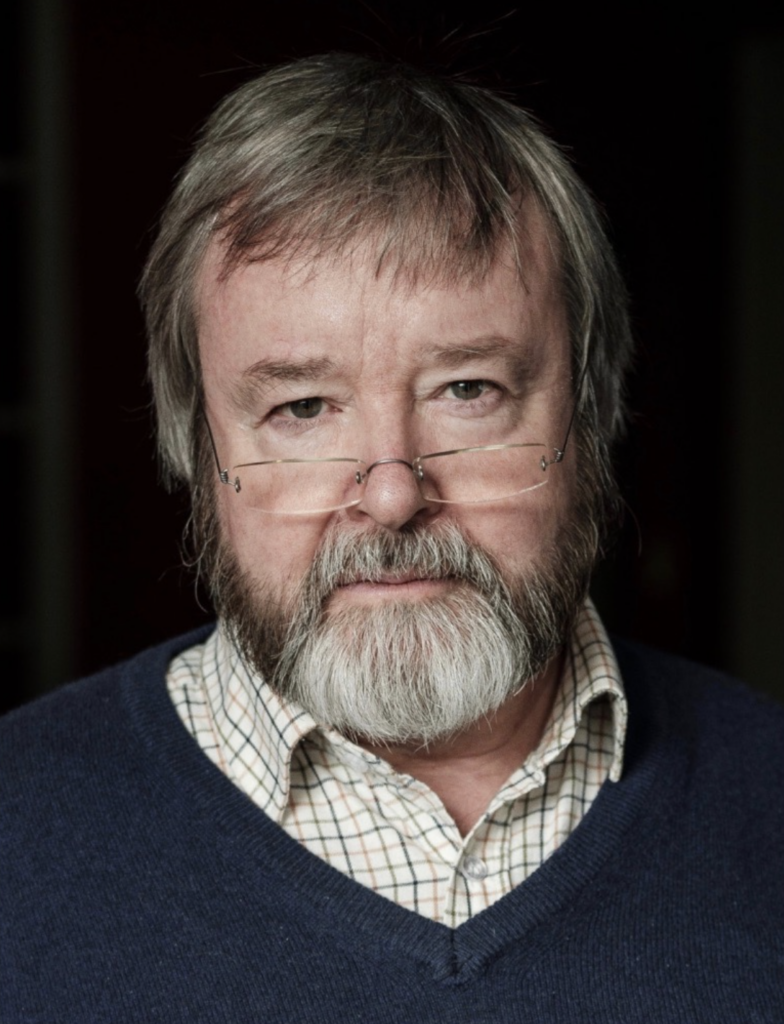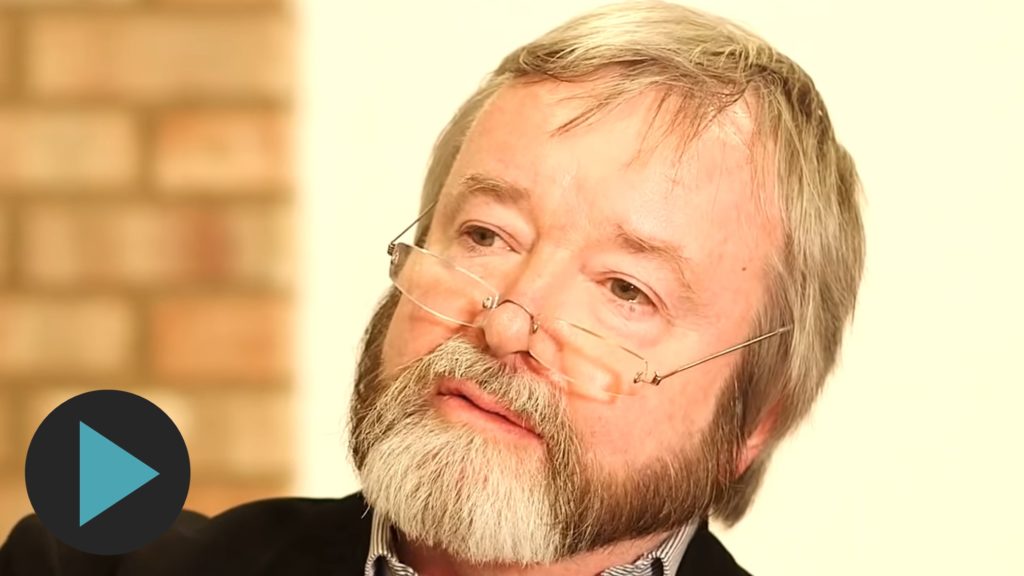


Yet the great success of the book is just how besides-the-point the “scientific consensus” feels. Along the way, McGilchrist has plenty to say to his intellectual critics, enough to persuade this amateur reader that there is some disagreement about his thesis among neuroscientists. The narrative builds with example after example, which are often drawn from the testimonies or descriptions of patients who’ve suffered damage to either LH or RH, and analysis of how the imbalance affected their feelings and behaviour. Indeed, by page 371, when we are informed that the LH is “unreliable in just about every way that matters”, if it were a boxing match, LH’s cornerman would surely have thrown in the towel and shouted: “Stop the fight!” So it’s a game of two halves, but we know where the referee stands. In the RH “all is flowing and changing, provisional, and complexly interconnected with everything else”. The RH’s “purpose is to help us to understand, rather than manipulate the world: to see the whole and how we relate to it”. He urges us to trust the RH, which perceives the whole, and defer less to the LH, which lasers in on details but tends to devitalise things. In my own case, the book led to many reflections on sport, even though it’s one of the few spheres of human endeavour that McGilchrist doesn’t much explore (even he can’t do absolutely everything).īuilding on his previous book The Master and His Emissary, McGilchrist interrogates the distinction between the brain’s left hemisphere (LH) and its right hemisphere (RH). It’s a book with a single big idea, explored in numerous different contexts, and everyone will connect more fully with some parts than others.

No reader could relate to all the themes (poetry one minute, schizophrenia the next) with anything approaching even-handedness. But any reading of this immensely broad and ambitious work can only be personal and selective. One strand of the book is an attack on narrow and over-specialised thinking which lacks real-world relevance, so perhaps there is no need for me to apologise for a lack of expertise in neuroscience. Confession: this reader is taking time out for a quick intellectual recharge before padding up for volume two (though return I will). Imagine batting all day against 95 miles per hour bowlers on a bouncy cricket pitch, getting through to the close of play, and being told to grab a quick ice-bath then get back out there under the hot sun again tomorrow. After 800 pages of volume one, you are directed to volume two. Iain McGilchrist’s new book The Matter with Things – Our Brains, Our Delusions, and the Unmaking of the World, while anchored in neuroscience, expands quickly into a treatise on philosophy, the scientific method, intuition, creativity, truth, reason and the rise and fall of civilisation itself.


 0 kommentar(er)
0 kommentar(er)
